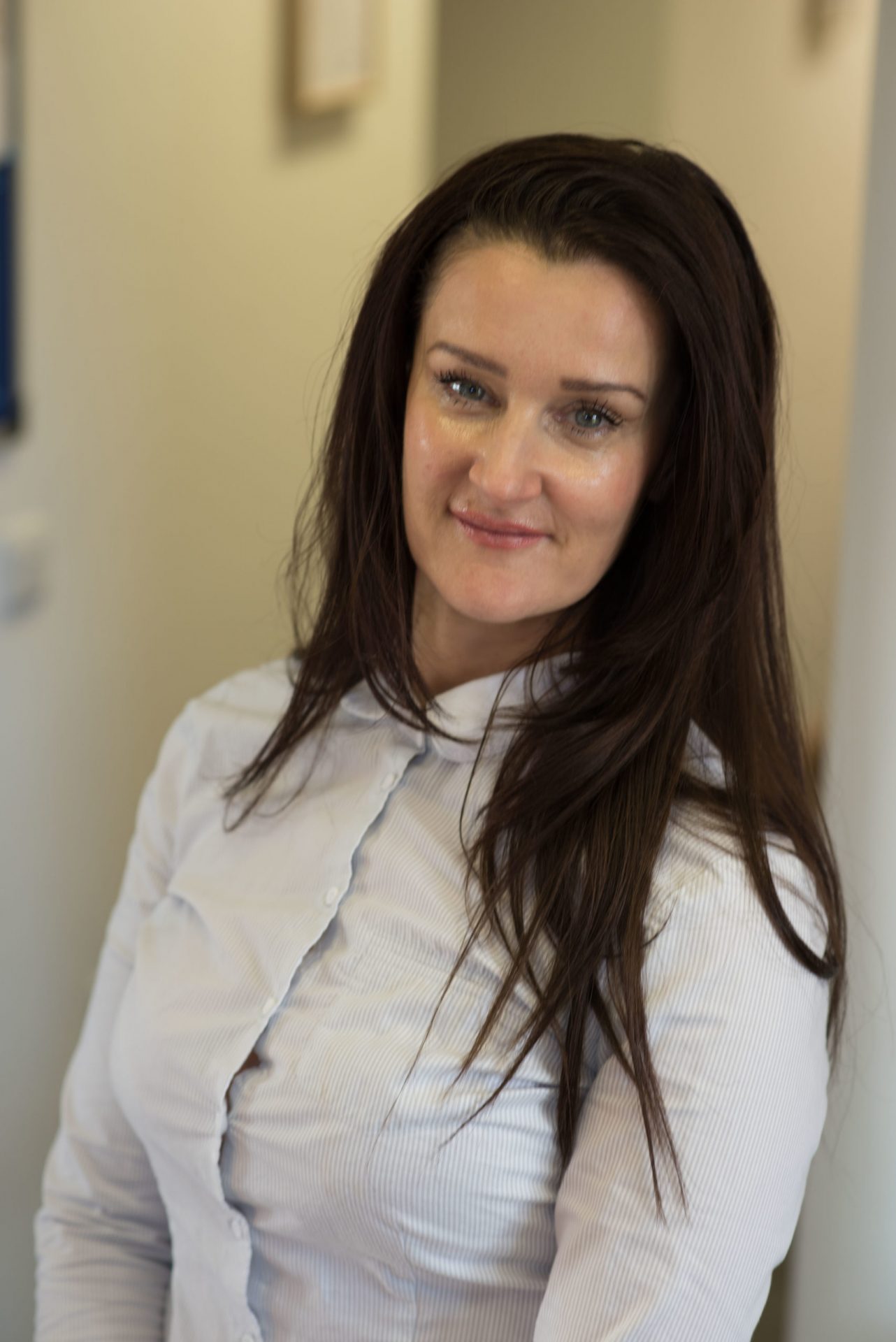It’s all about Halloween and our nails today
When you think of nails, you might envision manicures, pedicures or the latest nail art trends… However, they are much more than just a canvas for creativity; they play significant roles in our daily lives and overall health.
Understanding their structure and purpose can deepen our appreciation for these unique body features.
So why do we have Fingernails and Toenails?
Nails serve several important functions beyond just aesthetics. We have toenails and fingernails for several key reasons:
- Protection. They shield the sensitive tips of our fingers and toes from injury and external elements.
- Support. Nails provide structural support to the fingertips, aiding in gripping and manipulating objects. When you press your fingertip against an object, the nail provides a firm backing. Without this backing, your fingertip would collapse or bend under the pressure, reducing the stability and control you have over the object.
- Sensory Enhancement. Nails help enhance our sense of touch by allowing us to better feel pressure and texture. The pressure applied to the object is transmitted back through the fingertip’s sensory receptors (Meissner’s corpuscles and Merkel cells). The nail’s rigid structure amplifies the sensitivity of these receptors by ensuring the fingertip remains in optimal contact with the object, even when applying force.
- Evolutionary Function. Nails are evolutionary remnants of claws, which helped our ancestors with climbing and foraging.
- Grip and Precision. Fingernails, in particular, improve our ability to grasp and hold items securely. When you press down with your fingertip, the nail distributes the pressure evenly across the fingertip. This helps protect the soft tissue underneath from becoming overly compressed or deformed, which could reduce the sensitivity of the finger.
How does it works?
When we talk about counter-pressure in relation to nails and tactile feedback, it refers to the structural role nails play when we press against or manipulate objects with our fingertips.
Example: Picking Up a Coin
When you use your thumb and index finger to pick up a coin, the nails on both fingers give your fingertips the needed firmness. As you apply pressure to grip the coin, the nail helps to stabilize the skin against the object, allowing for precise control over how much force to apply. Without nails, your skin would squish more, making it harder to control and feel the texture of the coin.
This combination of mechanical support and sensory enhancement is why nails are essential for activities requiring precision and sensitivity. Without this counter-pressure, we would lack the same level of dexterity and control in our daily tasks.
We are independent prescribers able to prescribe any medication from the BNF relevant to the lower limb, foot and ankle.
Are you suffering from any hand or foot condition? At The Chelsea Clinic, we can help. One of our podiatrist can assist and then recommend what treatments are best to get you back on track. Podiatrist South Kensington
Schedule an appointment here or you may call us at +44 (0) 207 101 4000.
We hope you have a feetastic day!
-The Chelsea Clinic and Team




